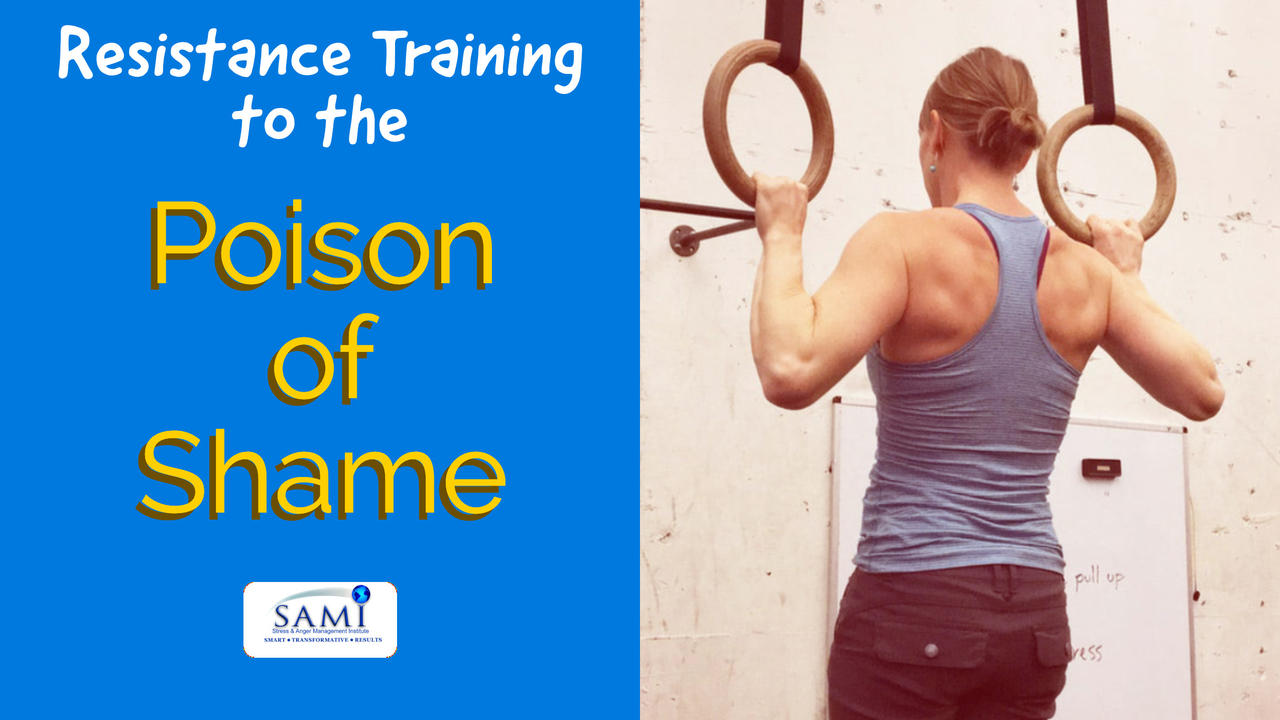Loving someone can be risky business, so it’s natural that fear is present in relationships. But when fear operates in our lives in a way that hurts us or hurts others, it becomes a problem when it involves aggression or withdrawal. Recognizing these fears and how they may affect our lives can help us make the necessary changes to get the love we want.
- Fear of losing freedom. Tied down, trapped, cornered, stuck—this “claustrophobia” points to mistaken beliefs about what relationships are supposed to be. The ability to say No lovingly and respectfully and set clear and fair boundaries is an essential ingredient of a healthy relationship.
- Fear of conflict. Let’s face it—love can be messy. But it doesn’t have to be destructive. Constructive communication skills can be learned, and when handled with caring and respectful communication, conflicts can become vital building blocks of deeper trust and intimacy.
- Fear of change. Change means work, discomfort, and uncertainty. But oh, the ...





